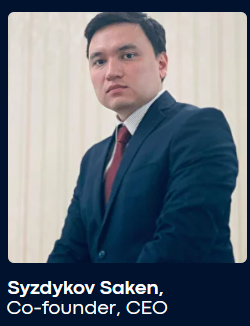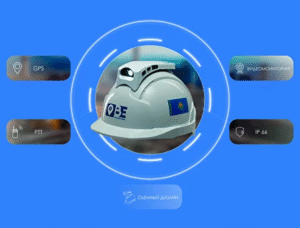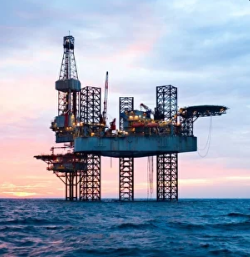
E-Vision Stepping Onto the Global Stage at GITEX Global 2025: Implications & Opportunities
- TECHNOLOGY
- October 15, 2025
Kazakhstan-based company E-Vision (Best Vision Technologies) is making its foray into the global tech spotlight by participating in GITEX Global 2025 in Dubai. As the world’s premier stage for emerging technologies, innovations in AI, video surveillance, and smart systems, GITEX offers companies like E-Vision a chance not just to show off their technology — but to form strategic partnerships, explore new markets, and align with global trends.
Below are key points about E-Vision’s strengths, what its presence at GITEX implies, the opportunities it may leverage, and potential challenges.
—
What E-Vision Brings
From available information, E-Vision (Best Vision Technologies) offers:
Intelligent video surveillance systems with AI features — detection of objects or events, voice-communication, automated archiving.
Connectivity via modern channels (4G, WiFi), enabling remote or distributed deployment.
Emphasis on process transparency and maintenance (reporting, analytics) — not just raw video, but actionable insight.
These are aligned with what many smart city, security, industrial automation, and infrastructure projects demand today: not just data collection, but real-time analytics, reliability, and scalability.
—
Why GITEX Global 2025 Matters
GITEX 2025 is one of the largest international technology fairs. Some contextual facts:
It runs from October 13-17, 2025 at the Dubai World Trade Centre.
Over 6,000 exhibitors from more than 170 countries will participate.
It’s not just an expo: it’s a convergence of governments, private sector, startups, investors, and researchers. Many pavilions, conferences, speaking sessions.
For E-Vision, showing up here means exposure to global demand, potential investors, export contracts, and collaborations.
—
Key Implications of E-Vision’s Participation
Here are what I see as the main implications:
1. Market expansion potential
Dubai / UAE is a maj or hub for technology adoption, especially in AI and smart surveillance, given its smart city ambitions.
or hub for technology adoption, especially in AI and smart surveillance, given its smart city ambitions.
If E-Vision can demonstrate reliability, regulatory compliance (e.g. data/privacy), and adaptability to local conditions (e.g. environmental, cultural), there is opportunity to win public and private contracts in Gulf Cooperation Council (GCC) countries, Middle East & North Africa.
2. Technology benchmarking & partnering
At GITEX, many leading global players will show how they integrate surveillance, video analytics, cloud/edge computing, AI inference at the edge, etc. E-Vision can see where it stands, what gaps to close.
Also, possible partnerships with local integrators, governments, system integrators, possibly even R&D or pilot deployments.
3. Brand credibility & trust building
Being part of GITEX is a signal: you’re serious, you play on an international level. That can help with trust, especially in domains like security and surveillance which are sensitive.
Helps with attracting investment, perhaps also attracting better talent, collaborators.
4. Learning curve & possible adaptation pressure
UAE / GCC has strong regulatory, environmental, cultural, cybersecurity, data-privacy requirements. E-Vision may have to adapt its products (weatherproofing, encryption, privacy settings, etc.).
Competitive pressures: many companies already in the space. Need to differentiate (cost, quality, services, local support).
5. Opportunities for innovation
Because of the demand in UAE and region for high real-time analytics, smart cities, AI + IoT integration, E-Vision might develop new sensor fusion, edge computing nodes, possibly integrate with cloud and benchmarking toward “sovereign AI / edge AI” trends.
Might also explore localized use cases (traffic, security, constructio…

